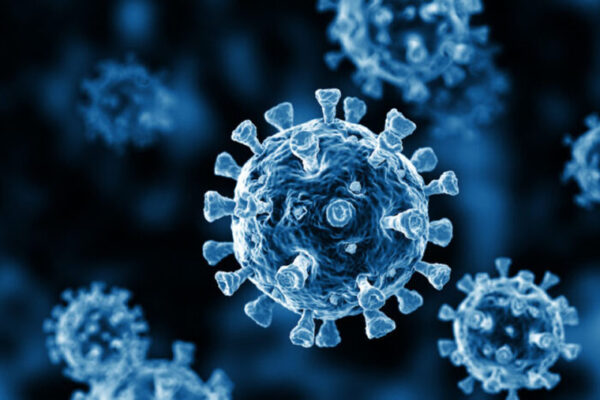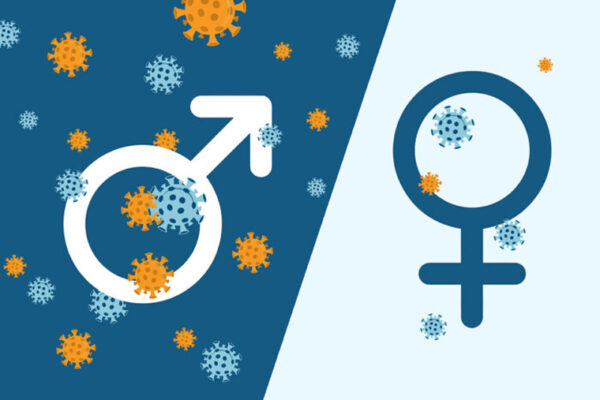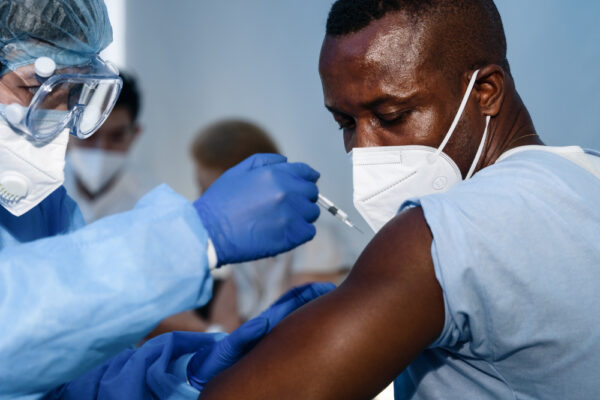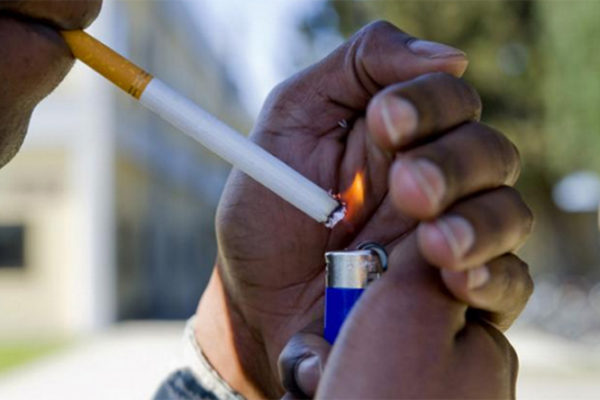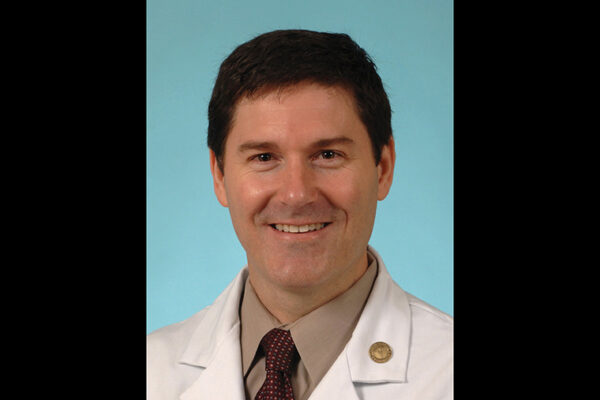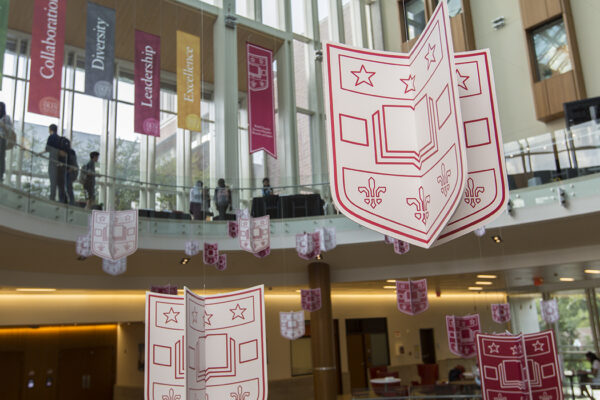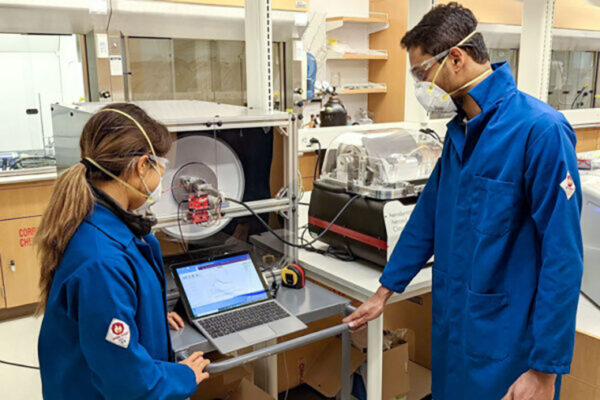Researchers keep international COVID-19 projects moving forward
Despite the pandemic, Washington University researchers collaborating with international colleagues continue to innovate and move their research forward.
For men, low testosterone means high risk of severe COVID-19
A new study from Washington University School of Medicine suggests that, among men, low testosterone levels in the blood are linked to more severe COVID-19.
Kreuter receives $1.9 million in grants to increase vaccinations in St. Louis
Matthew Kreuter, the Kahn Family Professor of Public Health at the Brown School, has received $1.9 million in grants to help increase COVID-19 vaccinations among the Black community in St. Louis City and County.
University joins NIH initiative to create diverse national biomedical data resource
The School of Medicine has joined the All of Us Research Program, a National Institutes of Health (NIH) initiative that seeks to recruit 1 million volunteers to build a detailed biomedical data resource that reflects the breadth and diversity of the U.S. population.
Wastewater treatment system recovers electricity, filters water
A new system developed in the lab of Zhen (Jason) He uses bacteria to filter wastewater while creating electricity.
FDA menthol ban would benefit Black, younger Americans
The U.S. Food and Drug Administration’s proposed ban on menthol flavored cigarettes and all flavored cigars could be particularly beneficial for Black and young people, says an expert on tobacco control at Washington University in St. Louis.
Limbrick appointed to St. Louis Regional Health Commission
David D. Limbrick, MD, PhD, the T. S. Park, MD, Professor of Pediatric Neurosurgery at the School of Medicine, has been appointed to the St. Louis Regional Health Commission as the representative from the School of Medicine.
Olin-Brookings initiative to address opioid epidemic
The Bellwether Foundation Inc. has awarded Olin Business School and the Brookings Institution a $750,000 grant to improve the quality of life for people in St. Louis and across the country.
Washington University researchers to design detectors of airborne SARS-CoV-2
A team of researchers at Washington University is developing devices to detect the virus that causes COVID-19 in the air.
Women seeking help for unmet needs often overdue for cervical cancer screenings
Scientists at Washington University found in a study that a new, more involved approach is needed to get women who need help with basic resources to undergo screenings for cervical cancer.
Older Stories
